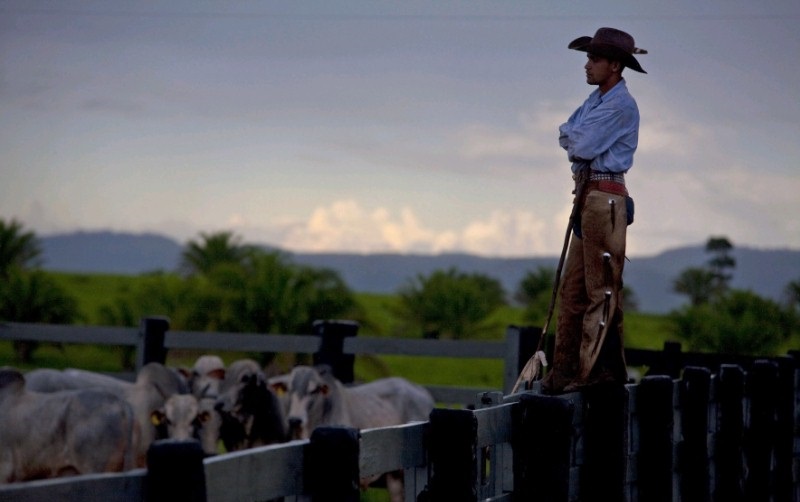
Support is gaining traction for a complete European ban on all Brazilian meat, with the European Commission deciding it would only ban imports from companies allegedly involved in the scandal.
One of the farming unions, Ulster Farmers’ Union (UFU), has previously called for Brazilian imports to be blocked.
Brazil, the world’s biggest exporter of red meat, is at the centre of international attention due to a widespread beef scandal that could seriously damage the country’s reputable sector.
UFU President Barclay Bell said the recent reports from Brazil about major meat processors allegedly having exported spoiled meat are 'deeply worrying'.
“The fact that some of this meat may have been treated with uncertified chemicals and that these companies have reportedly bribed Brazilian officials to secure hygiene certificates is a very disturbing situation.”
'Damages EU credibility'
The UFU says European Commission action does not go far enough.
“This has damaged the credibility of the EU’s focus on securing a new trade deal with the Mercosur countries of South America. We are fully behind calls for the Commission to withdraw from these discussions.”
Farming unions have stressed it is vital consumers are not put at risk by cheap imports from countries that cannot meet strict EU requirements and that Brussels must not accept any level of non-compliance.
“This is particularly important as we move towards exiting the EU, with the government seeking new global trade deals. Farmers in the UK produce food to world-leading standards for animal welfare, traceability, food safety and protection of the environment. These must be prioritised in future trade deals,” said Mr Bell.
He added that the government needed to demand equivalent standards from those that wish to trade with the UK. “To accept food from countries that cannot meet those standards would undermine local food production and expose consumers to scandals, such as the one currently developing in Brazil,” warns Mr Bell.
'Safety standards compromised'
EU agri-cooperative Copa and Coge has also underlined the importance of ensuring that imports to Europe meet EU safety standards and that animal traceability conditions are met.
Copa and Cogeca Secretary-General Pekka Pesonen said: "We have some of the highest food safety and animal welfare standards in the world which imports to the EU must meet, otherwise our safety standards will be compromised."
"In the trade talks with Mercosur, we have sent a letter to the EU Commission calling for our safety standards to be met and for Mercosur countries to ensure the individual traceability of cattle and for a ban on the use of meat and bone meal in feed in poultry production.
"These countries currently do not have the same standards as us. This was highlighted by the case in Brazil today where over 30 top representatives in the agri- food sector were arrested for failing to comply with veterinary requirements in the beef sector," he said.
